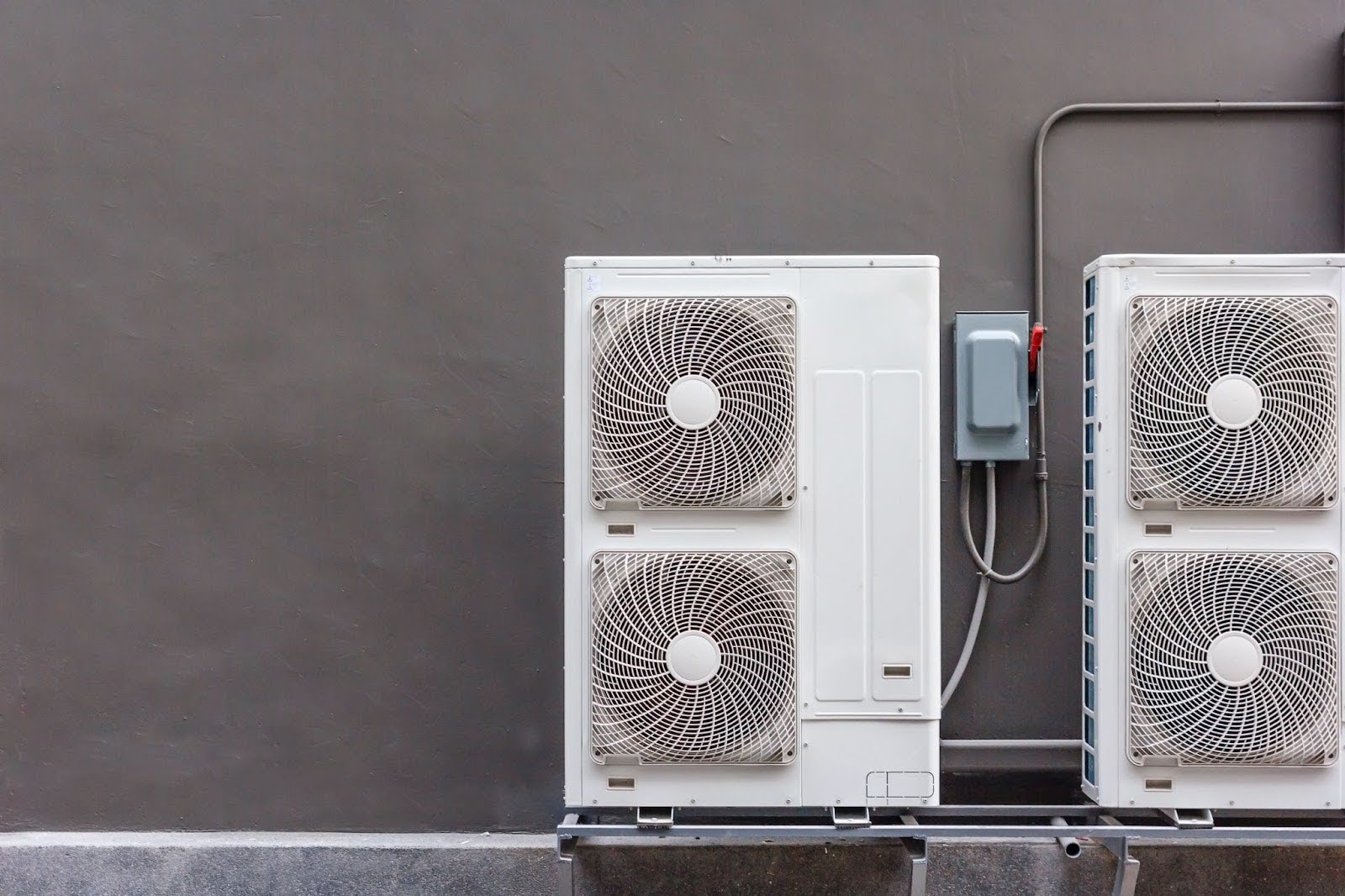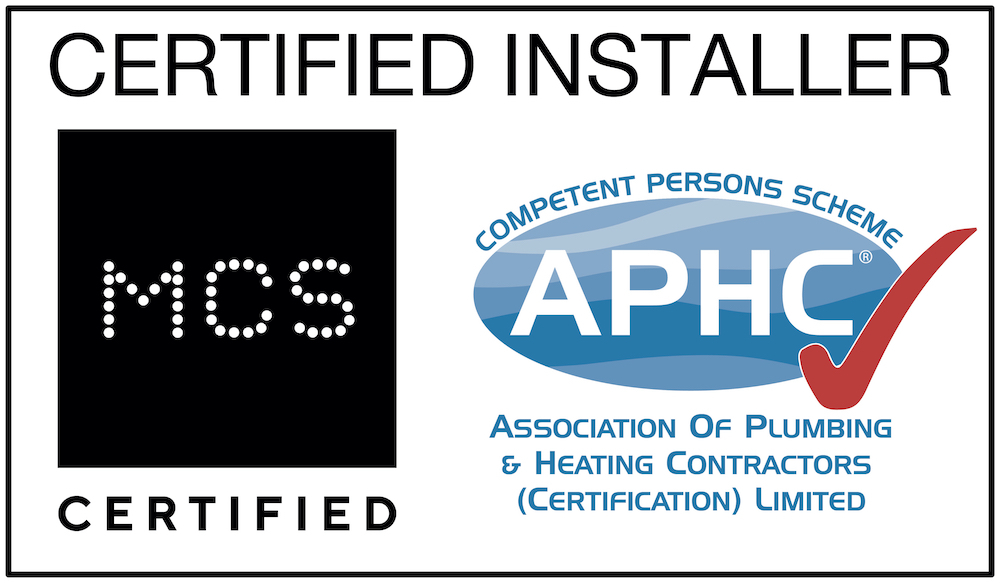Running Costs Of Air Source Heat Pumps
November 8, 2023
Air-source heat pumps are becoming increasingly popular in the UK. These devices extract heat from the outside air and transfer it into the home.
So, what are the running costs of air-source heat pumps? The size of the pump and its efficiency rating affect energy consumption.

Bigger pumps require more power but can provide more heating. Homeowners should pick a correctly sized pump to save energy. Insulation further improves efficiency. Maintaining filters and airflow is important for lower running costs. Also, refrigerant levels should be maintained. Government incentives can help with installation costs and long-term savings.
All in all, air-source heat pumps offer a sustainable and efficient heating solution.
Overview of Air Source Heat Pumps (ASHPs)
Air Source Heat Pumps (ASHPs) are a popular and energy-efficient heating system in the UK. They extract heat from the outside air and transfer it indoors. Here are some key points about ASHPs:
- Efficiency: ASHPs have a high coefficient of performance, meaning they produce more energy than the electricity input. This makes them eco-friendly, reducing carbon emissions.
- Cost savings: ASHPs can help homeowners save on their energy bills. The initial installation cost may be high, but the long-term savings in energy costs make it a worthwhile investment.
- Adaptability: ASHPs can be used for both heating and cooling, allowing year-round comfort with one system. They are suitable for various properties, including new builds and existing homes.
ASHPs have unique features such as no need for fuel storage or deliveries, eliminating maintenance associated with boilers or oil tanks. To get the most out of an ASHP installation, consider these suggestions:
- Insulation: Make sure your property is insulated to minimise heat loss. This helps the ASHP work efficiently and reduces the demand for additional heating.
- Smart controls: Invest in smart controls to optimise the performance based on your requirements. This allows you to schedule temperature settings and monitor energy usage.
- Regular maintenance: Schedule regular maintenance checks with a qualified professional. This ensures any issues are addressed quickly, improving efficiency and longevity.
By following these suggestions, homeowners can maximise their savings while enjoying a comfortable living environment provided by their efficient air source heat pump system.
Understanding Running Costs
Understand the UK air source heat pump running costs - There are three main factors to consider: installation, maintenance, and energy bills.
Installation: The price to buy and fit the equipment plus any extra installations for optimal performance.
Maintenance: Annual servicing, filter replacements, and repairs to keep the pump running smoothly.
Energy Bills: Harness renewable energy from the environment for decreased energy consumption. Plus, with tech advancements and RHI incentives, you could save money and reduce carbon emissions!
Explore air source heat pumps and feel the economic and environmental benefits. Take action now!
Comparison with Other Heating Systems
The efficiency, cost-effectiveness, and environmental impact of air-source heat pumps must be considered when compared to other heating systems. Let's analyse these aspects in a table:
| Heating System | Efficiency | Running Costs | Environmental Impact |
| Air Source Heat Pump | XX% | £X | Low |
| Gas Boiler | XX% | £X | Medium |
| Electric Heater | XX% | £X | High |
The table shows that air-source heat pumps have higher efficiency, lower running costs, and a lower environmental impact than gas boilers and electric heaters. To maximise their benefits, here are some tips:
- Insulation: Properties should be properly insulated to reduce heat loss and increase efficiency.
- Maintenance: Regularly servicing and maintaining the heat pump will ensure optimal performance and longevity. This includes cleaning filters, checking refrigerant levels, and inspecting electrical connections.
Following these suggestions can help reduce energy consumption and running costs, as well as reduce carbon emissions and contribute to a sustainable future.
Advantages of Using Air Source Heat Pumps
Air Source Heat Pumps provide a plethora of benefits when used for heating. They are efficient in transforming energy from the air into heat, making them cost-effective and eco-friendly for homes and businesses. Plus, they can both heat up and cool down. That means no need for two systems! Additionally, low maintenance costs and hassle-free operation are a plus. Also, these pumps are compatible with underfloor heating systems, ensuring a consistent temperature throughout the space.
These pumps come with even more advantages!
- They help reduce carbon emissions with renewable energy sources, helping the global fight against climate change.
- Grants and incentives are available to make this sustainable option more affordable.
- Flexible installation options allow for walls or roofs depending on available space. And, modern heat pumps operate silently.
It's worth noting that Air Source Heat Pumps have a long history dating back to World War II. Initially, these were developed for industrial use. But now, they have evolved into efficient domestic heating solutions.
The advantages of these pumps include their efficiency, versatility, low maintenance, compatibility with underfloor heating systems, reduced carbon emissions, government grants/incentives, flexible installation, and a long history of technology development. With these features, they are a smart and sustainable choice for those looking to reduce their carbon footprint and enjoy efficient heating in the UK.
Disadvantages of Using Air Source Heat Pumps
Air Source Heat Pumps have some drawbacks to consider. These include
- High upfront costs. This can put off some homeowners.
- They don't work as well in cold climates as they take heat from the air outside.
- They can be noisy, especially in quiet neighbourhoods.
- You need a lot of outdoor space to install them.
Plus, they need regular servicing and maintenance to work properly.
Tips for Reducing Running Costs
Cutting running costs is essential for improving the performance of air-source heat pumps. Here are some helpful hints:
- Regular Upkeep: Ensuring your heat pump is serviced and maintained regularly by an expert can increase its performance and minimise energy use.
- Proper Insulation: Solid insulation in your home can stop heat from escaping, reducing the pressure on your air source heat pump and ultimately decreasing running costs.

- Smart Thermostat: Purchasing a smart thermostat enables you to manage the temperature of your home more efficiently, aiding in reducing unnecessary energy usage.
- Prevent Overheating: Setting high temperatures on your thermostat can lead to higher energy consumption. Choose a comfortable yet economical temperature setting.
Also, using an air-source heat pump could make you eligible for government schemes like the Renewable Heat Incentive (RHI), which gives financial support to motivate the use of renewable heating systems.
Plus, optimising the position of your outdoor unit can further enhance efficiency. Placing it in an area with good air circulation and no obstruction guarantees maximum performance.
It's important to note that according to Energy Saving Trust, air-source heat pumps have the potential to reduce heating bills compared to traditional fossil fuel-based heating systems.
Conclusion
Air source heat pumps offer substantial advantages. Not only are they cost-efficient and energy-saving, but also eco-friendly. They provide a sustainable substitute to traditional heaters, cutting carbon emissions and helping with climate change.
Also, these pumps need minimal maintenance, meaning lower long-term costs for homeowners. Plus, they have a longer lifespan than other heaters, granting durability and dependability. Though the initial expense may be more than other options, the savings on energy bills over time make them a wise decision.
Plus, government incentives like the Renewable Heat Incentive (RHI) scheme further increase the attraction of air source heat pumps. The RHI scheme gives financial aid to those who install renewable heaters, including air-source heat pumps. It enables homeowners to recuperate some of their initial investment and encourages the use of cleaner, more effective heating methods.
To sum it up, considering factors such as energy efficiency, cost-effectiveness, environmental influence, longevity, and government incentives, it can be established that air-source heat pumps offer an attractive solution for heating homes in the UK. With their capability to reduce costs and carbon emissions while providing reliable warmth all year round, these heat pumps are certainly a profitable investment for homeowners searching for sustainable heating solutions.


